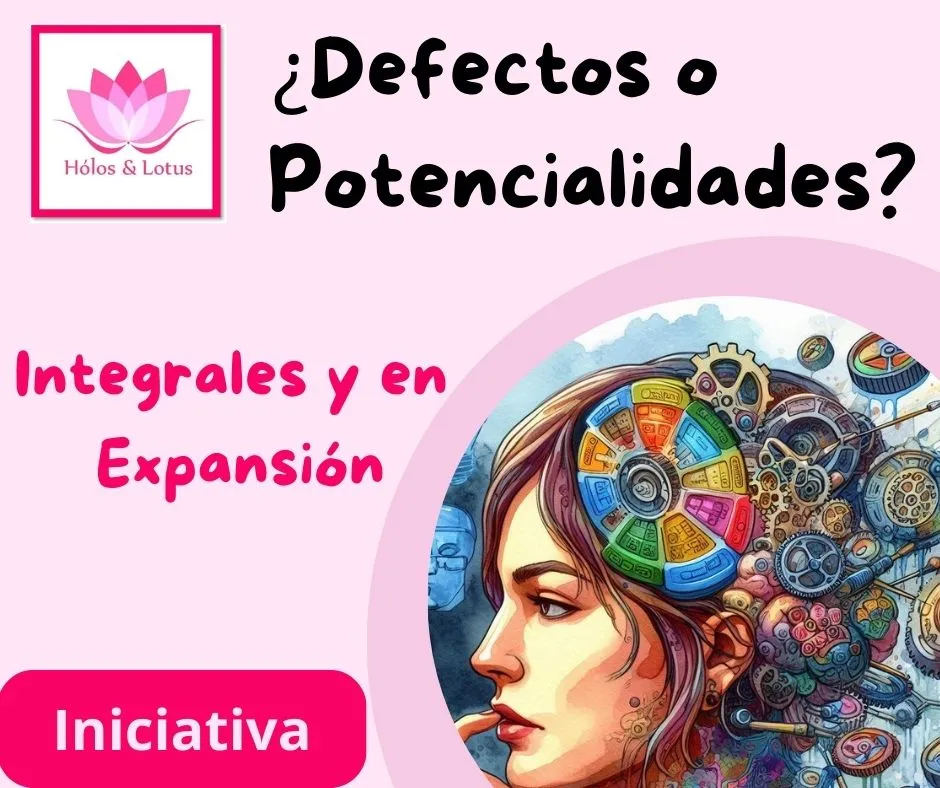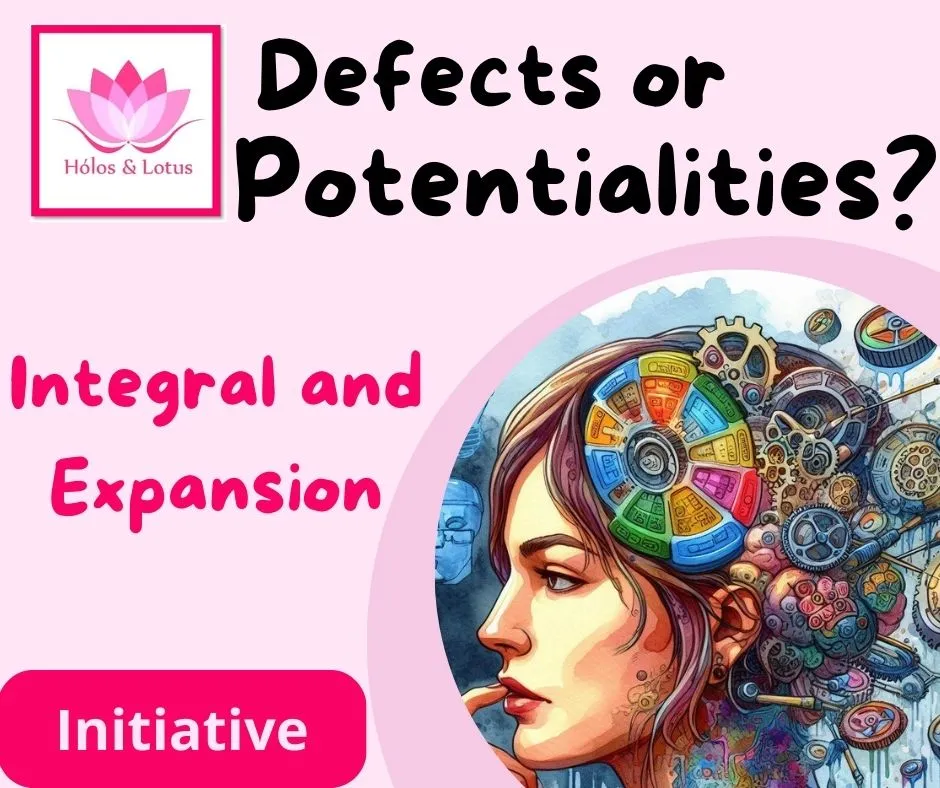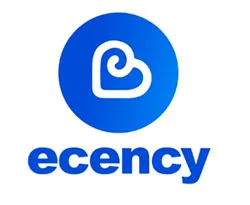
La palabra defecto, definitivamente no me gusta, y menos cuando se relaciona con las personas, será porque mi mente establece una relación inmediata con lo industrial, con la máquina que produce en serie y que por algún desperfecto sacó un producto mal hecho, algo que deja una marca, un defecto, que lo diferencia de los demás de una manera negativa, posiblemente inservible.
También es posible que la palabra no me guste por aquello de que las palabras condicionan y que quizás ahora me guste hablar con eufemismo poniéndole nombre lindos a lo que no es tan lindo, pero que suavizan el impacto, así como el término “fracaso” que se ha convertido en tabú y ahora hablamos de: errores, experiencias de aprendizaje y crecimiento.
¿Qué es un defecto?, refiriéndonos a la personalidad, son los comportamientos y actitudes que generan malestar e incomodidad a ti mismo y/o a los demás. Al hablar de comportamientos y actitudes, ya entendemos que son modificables, por lo que los defectos están allí como una potencialidad, esperando a que nos decidamos a transformarlos.
Entonces, ¿hablamos de potencialidades o de defectos? Ah, amiga, amigo, que eres participante de esta serie de autoconocimiento, no te detengas en mi corta disertación, vamos a trabajar este tema desde el planteamiento que conocemos: los defectos, pero pensando en la capacidad que tenemos para trabajarlos y ser cada día mejores, es decir, desde nuestra potencialidad.

Te comparto tres de mis defectos, de pronto, no son los mayores, pero son los que me están haciendo ruido y que tengo la buena disposición para trabajarlos.
La insatisfacción presente y futura. En estos días realizaba un ejercicio de visualización y proyección, ya casi finalizando y sintiendo la alegría, plenitud y disfrute del logro, me cruzó un pensamiento que rompió el encanto, algo así como: ¿después de eso que viene?, salí de mi estado de ensoñación de un solo golpe, diciéndome: Dios, mujer, ni en los pensamientos más puros, genuinos y hermosos, puedes disfrutar completamente de tus logros.
El asunto, como dije, me hace ruido y me llegan preguntas como estas: De dónde nace esa insatisfacción; es nueva o siempre ha estado allí. Ahora con este ejercicio me planteo: ¿es realmente un defecto, si es así cuanto me afecta a mí y a las personas de mi entorno?
Ahondando en ello me doy cuenta que siempre ha estado presente y que nace de esa crianza donde uno de los valores y creencias fundamentales es: “Siempre puedes dar más”, con un mensaje subyacente de: “nada de lo que hagas es suficiente”.
Sí, es un defecto y uno muy íntimo, pues la insatisfacción es una fuente de malestar que me saca del presente, no dejándome disfrutar y saborear el momento a plenitud porque estoy pensando en lo próximo que voy a hacer y afecta a los demás porque exijo más de lo que dan o por lo menos creo que deberían dar más. Conclusión, trabajar más, mucho más, en vivir y sentir este ahora.
El síndrome del fosforito. Léase que me molesto fácilmente (vivan los eufemismos). Me considero una persona de buen humor, sin embargo, piso “el peine fácilmente “, y me molesto por una palabra o un gesto que no me agrade.
Acá, sacando a asolear los trapitos, me sucede con más frecuencia de lo que quisiera con mi pareja. En estos días, hablando con mi cuñada, me decía, refiriéndose a su esposo: es que creo que lo hace adrede, que busca decirme cosas para verme molesta, pensé para mis adentros: el asunto como que es genético, Jajajaja.
Pero, no, el asunto no son ellos, somos nosotras que no hemos aprendido a dejar pasar, a pensar que ellos hablan desde sus creencias y propias limitaciones o que nuestra inteligencia emocional está en déficit y que tenemos que aprender a manejar mejor nuestras emociones.
Releo el párrafo anterior y me prendo como un fosforito, ¿cómo voy a liberar al otro de su responsabilidad de crear un malestar, sea adrede o inconscientemente?
Respiro profundamente y me digo: tienes que trabajar el asunto desde ti, eres tú la que se deja afectar, en eso ando.
Terquedad. Aquí funciona muy bien, eso del más y menos. Si eres equilibradamente persistente entras en las cualidades de la perseverancia, la constancia y todo aquello que te hace firme para alcanzar lo que te has propuesto, si te excedes en la persistencia entras en la categoría de terquedad.
Pues, soy terca, cuando me “empecino” en algo allí me quedo, y cuando me dicen que “no puedo”, más me empeño, es como una rebeldía, un afán de demostrarme a mí misma y tal vez a los demás que puedo con eso y más, indudablemente que tiene relación con la insatisfacción de la que ya soy consciente, ¿Qué tengo que trabajar en este punto; cuál es la potencialidad a desarrollar?, ¿La aceptación y la flexibilidad? Pero… ¡Si yo me siento tan flexible como una débil rama que el viento mueve a su antojo!!!!!!!
Bien amigos, hoy me he extendido ¿Por qué resultará más fácil hablar de los defectos propios y ajenos que de las virtudes?

Recuerda
-Seguir las normas de publicación de la comunidad.
-Rebloguea, si es de tu gusto, para que más personas participen.
-Utiliza la etiqueta #consciencia.

In English

Who am I (6). My three major defects
The word defect, definitely I do not like, and less when it is related to people, it will be because my mind establishes an immediate relationship with the industrial, with the machine that produces in series and that by some flaw produced a poorly made product, something that leaves a mark, a defect, which differentiates it from others in a negative way, possibly useless.
It is also possible that I do not like the word because words condition and perhaps now I like to speak with euphemisms, giving cute names to what is not so cute, but that soften the impact, as well as the term “failure” that has become taboo and now we talk about: mistakes, learning experiences and growth.
What is a flaw, referring to personality, are the behaviors and attitudes that generate discomfort and discomfort to yourself and/or others. When we talk about behaviors and attitudes, we already understand that they are modifiable, so the defects are there as a potentiality, waiting for us to decide to transform them.
So, are we talking about potentialities or defects? Ah, friend, friend, you are a participant in this series of self-knowledge, do not stop in my short dissertation, let's work this topic from the approach we know: the defects, but thinking about the ability we have to work on them and be better every day, that is, from our potentiality.
I will share with you three of my defects, they may not be the biggest, but they are the ones that are making me noise and that I am willing to work on.
Present and future dissatisfaction. These days I was doing a visualization and projection exercise, almost finished and feeling the joy, fullness and enjoyment of the achievement, a thought crossed my mind that broke the charm, something like: what comes after that, I came out of my state of reverie in one blow, saying to myself: God, woman, not even in the purest, most genuine and beautiful thoughts, you can fully enjoy your achievements.
The matter, as I said, makes me noise and questions like these come to me: where does this dissatisfaction come from; is it new or has it been always there. Now with this exercise I ask myself: is it really a defect, and if so, how much does it affect me and the people around me?
Delving into it, I realize that it has always been present and that it is born from that upbringing where one of the fundamental values and beliefs is: “You can always give more”, with an underlying message of: “nothing you do is enough”.
Yes, it is a defect and a very intimate one, because dissatisfaction is a source of discomfort that takes me out of the present, not letting me enjoy and savor the moment to the fullest because I am thinking about the next thing I am going to do, and it affects others because I demand more than what they give or at least I think they should give more. In conclusion, work more, much more, on living and feeling this now.
The phosphorite syndrome. Read that I am easily annoyed (long live euphemisms). I consider myself a person of good humor, however, I step on “the comb easily”, and I get annoyed by a word or a gesture that does not please me.
Here, if we take out the little rags, it happens to me more often than I would like with my partner. These days, talking to my sister-in-law, she told me, referring to her husband: I think he does it on purpose, he tries to tell me things to see me upset, I thought to myself: it's like it's genetic, hahahaha.
But, no, the issue is not them, it is us who have not learned to let go, to think that they speak from their beliefs and their own limitations or that our emotional intelligence is in deficit and that we have to learn to manage our emotions better.
I reread the previous paragraph and I light up like a phosphorite, how am I going to free the other person from their responsibility of creating discomfort, either intentionally or unconsciously?
I take a deep breath and tell myself: you have to work on the issue from within, you are the one who lets yourself be affected, that's what I'm working on.
Stubbornness. Here it works very well, the plus and minus. If you are persistent in a balanced way, you enter the qualities of perseverance, constancy and everything that makes you firm to achieve what you have proposed, if you exceed in persistence, you enter the category of stubbornness.
Well, I am stubborn, when I “persist” in something I stay there, and when they tell me that “I can't”, the more I persist, it is like a rebellion, a desire to prove to myself and perhaps to others that I can do it and more, undoubtedly that is related to the dissatisfaction of which I am already aware, What do I have to work on this point, what is the potential to develop, acceptance and flexibility? But... If I feel as flexible as a weak branch that the wind moves at will !!!!!!!
Why is it easier to talk about one's own and other people's defects than about virtues?

Remember
-Follow the rules of publication of the community.
-Reblog, if you like, so that more people can participate.
-Use the hashtag #conscience.

Translated with www.DeepL.com/Translator (free version)
Fuente de imágenes: Portada uso de IA, trabajada en Canva



MIS REDES SOCIALES






Be Entrepreneur


